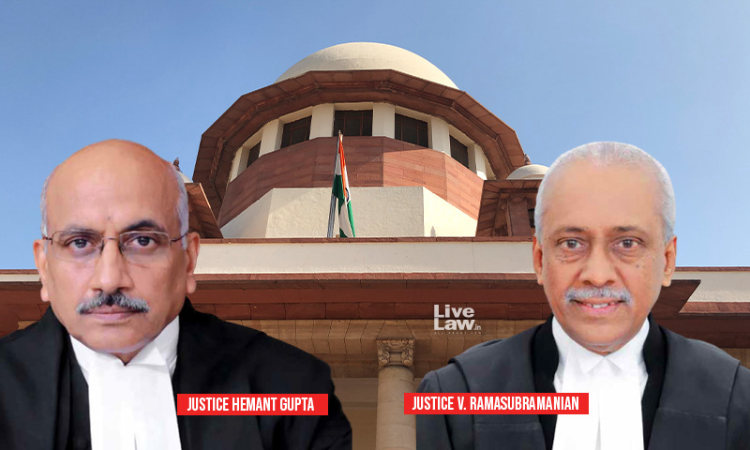State Enactments Like Kerala/Gujarat Money Lenders Act Have No Application To NBFCs Registered Under RBI Act: Supreme Court
Ashok KM
10 May 2022 7:32 PM IST

Next Story
10 May 2022 7:32 PM IST
The Supreme Court has held that the state enactments such as Kerala Money Lenders Act, 1958 and Gujarat Money Lenders Act, 2011 will have no application to Non Banking Financial Companies (NBFC) regulated by the Reserve Bank of India (RBI).The bench comprising Justices Hemant Gupta and V. Ramasubramanian observed that the Chapter IIIB of the RBI Act is a complete code...
